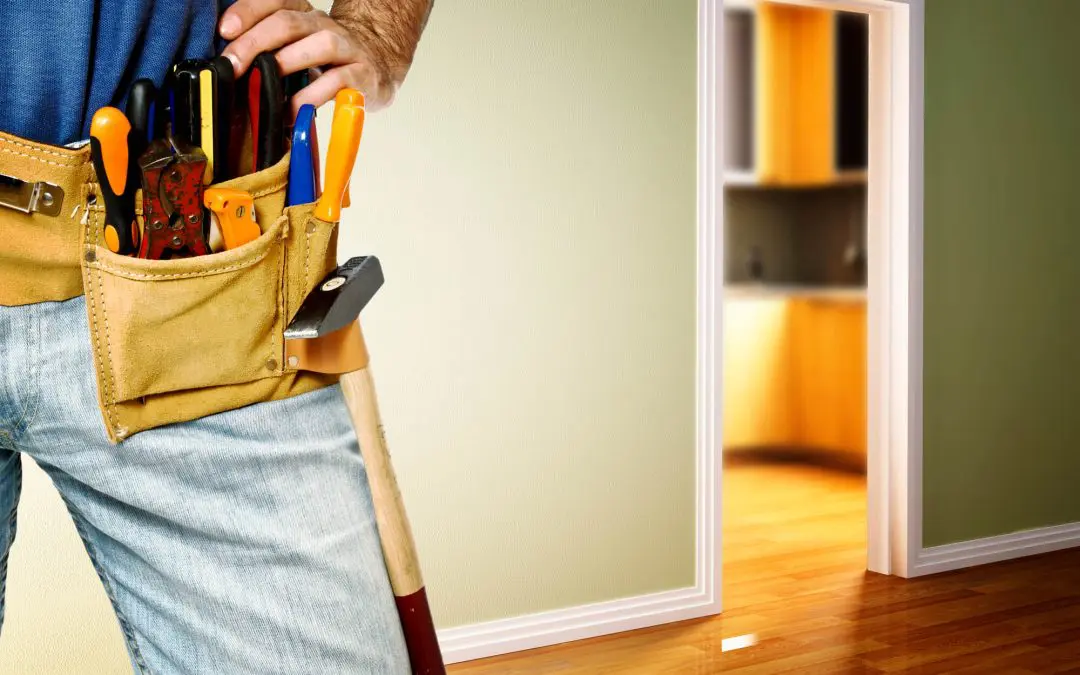Whether you’re sprucing up your living space or tackling a home repair, a certain satisfaction comes from completing a project with your own two hands. However, along with the sense of accomplishment, DIY projects also come with their fair share of challenges and potential pitfalls. We’ve compiled a list of handy tips and insights to help you avoid some of the most common DIY mistakes.
Common DIY Mistakes: Underestimating the Scope of the Project
One of the most frequent mistakes DIY enthusiasts make is underestimating the time, effort, and skill required for a project. Before diving in, thoroughly research the task at hand. Watch tutorials, read guides, and consult experts if necessary. Understanding the project’s scope will help you plan accordingly and avoid unnecessary frustration.
Skipping the Prep Work
Preparation is critical to the success of any DIY endeavor. From gathering the necessary tools and materials to prepping the work area, skipping this crucial step can lead to costly mistakes and delays. Take the time to collect all the tools and supplies you’ll need before starting the project, and don’t skimp on prep work like sanding, priming, and measuring. It may seem tedious, but proper preparation can save you time and headaches in the long run.
Common DIY Mistakes: Ignoring Safety Precautions
Safety should always be a top priority when engaging in DIY projects. Unfortunately, many DIYers overlook safety precautions in their eagerness to get started. Whether using power tools, working with chemicals, or handling heavy materials, always wear appropriate safety gear such as goggles, gloves, and a dust mask. Familiarize yourself with the proper use of tools and equipment, and never attempt a task if you’re unsure how to do it safely.
Rushing Through the Project
Patience is a virtue when it comes to DIY projects. Rushing through a project increases the likelihood of mistakes and can compromise the quality of your work. Take your time, follow the instructions carefully, and don’t hesitate to ask for help if needed. Remember, it’s better to take a little longer to complete the project correctly than to have to redo it later due to errors.
Common DIY Mistakes: Forgetting to Double-Check Measurements
Measure twice, cut once – it’s a tried-and-true mantra for a reason. One of the most common mistakes in DIY projects is inaccurate measurements, which can throw off the entire project and lead to wasted materials. Always double-check your measurements before making any cuts or installations, and use a level to ensure everything is straight and aligned properly.
Neglecting Proper Cleanup and Maintenance
Once the project is complete, remember cleanup and maintenance. Leaving tools lying around or failing to clean up properly can create safety hazards and lead to damage or deterioration of your work over time. Take the time to clean up your work area, properly store tools and materials, and perform any necessary maintenance to ensure your project stands the test of time.
While DIY projects can be immensely satisfying, they require careful planning, attention to detail, and patience. By avoiding these common mistakes and following best practices, you can increase your chances of success and enjoy the fruits of your labor for years to come.
FAQs About DIY Projects
When should I consider hiring a professional instead of doing a DIY project?
Consider hiring a professional for DIY projects that involve complex tasks beyond your skill level, require specialized equipment or permits, involve structural or electrical work, or if the project could pose a safety risk if done incorrectly.
How can I find inspiration for DIY projects?
Inspiration for DIY projects can come from various sources such as home improvement TV shows, websites like Pinterest or DIY blogs, visiting hardware stores for ideas, observing nature, and exploring your own interests and hobbies.
How can I estimate the cost of a DIY project?
To estimate a DIY project’s cost, list required materials and tools, research their prices at hardware stores or online retailers, and factor in any additional expenses, such as permits or professional assistance.
How can I learn DIY skills if I’m a beginner?
Beginners can learn DIY skills through online tutorials, workshops at hardware stores, DIY books or magazines, instructional videos, and by starting with simple projects and gradually increasing complexity.
Veterans First Home Inspections provides inspection services to homebuyers and sellers in the nation’s capital. Contact us to request an appointment.

